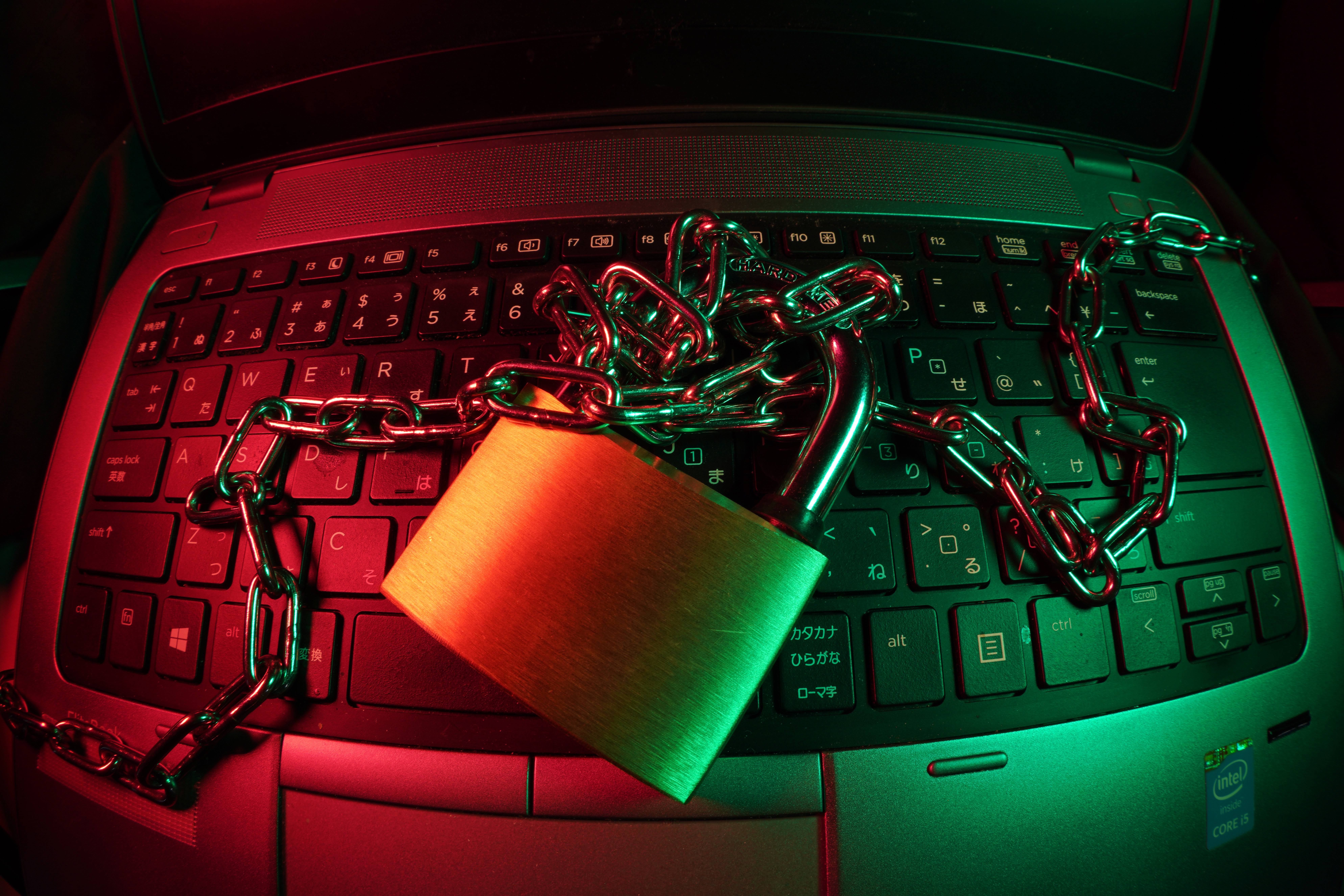As your title and closing provider, Wheatland Title works hard to protect you. In our last blog, we addressed the importance of property rights, but we also work hard to keep the transaction and the money involved in it secure. Yes, we’re talking about the dangers of wire fraud.
If you’re in real estate, you’ve heard about this topic. But it’s important to keep having these conversations with our buyers and sellers because there could literally be hundreds of thousands of dollars at stake.
One of the ways Wheatland Title helps our customers stay secure is by partnering with CertifID. This Michigan-based company is trusted by title companies all over the country, and its leadership team is among the thought leaders in our industry regarding cybersecurity.
In addition to discussing the threat of cybercriminals with anyone who will listen, we’re proud to say we partner with the company with CertifID to add another layer of security for the wire transfers involved in closing deals.
Here’s a synopsis of how this system works.
- You get invited to a secure portal through email/text message
- Requires validation of your identity
- Securely sends you wiring instructions ( to buyers) OR securely provides your bank account number to us (from sellers)
With CertifID, we all can work together to stop fraud in its tracks. Here are a few tips to pass along to your clients when it comes to staying on the lookout for scammers.
- Enable two-factor authentication: Two-factor authentication adds an extra layer of security to your email account. Most fraud attempts start with a comprised email address, so this is key. Speaking of passwords, make sure those are strong and unique.
- Call us and verify last-minute changes. Changes to our wiring instructions are very rare. You should immediately be suspicious if you’re ever asked to wire your money elsewhere. Please call our office if this happens. Our teams are always ready to verify any information for you or your customers.
- Keep your software up to date and use antivirus software. This includes both your computer and your mobile devices. Outdated software may contain vulnerabilities that hackers can exploit.




